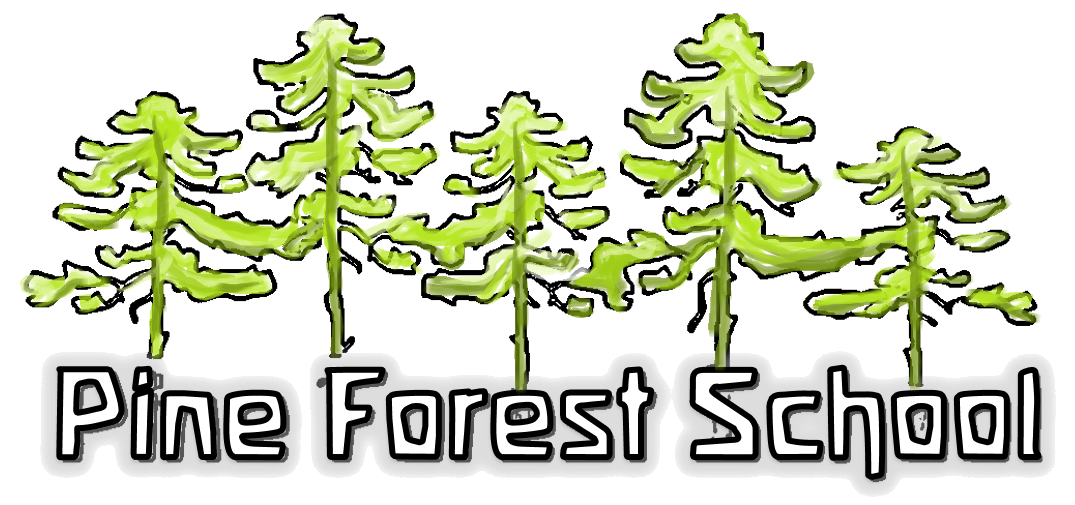Grade One
The Teacher will present rhythms, short plays, and poems orally, as well as games such as “Simon Says” and rhythmical activities requiring attention to verbal directions. Children will increase their retention of, and/or their response time to these activities.
LANGUAGE ARTS
We focus on numbers one through twelve. Through stories, games, picture symbols and arithmetic activities the qualities, quantities and writing of the numbers 1—12 will be explored.Through the use of story, nature objects, movement and rhythmical activities, the concept of the whole being divided into many parts will be demonstrated.
Using counting games, songs, movement, calendar work and stories, children will work with numbers up to one-hundred and forty-four. Children will learn to count forward and backwards connecting gross motor movements to speech for memory enhancement. Through drawings, games and “hands on” activities with various classroom materials, children will be exposed to, and practice sequencing, grouping and writing of numbers with cognitive experience of values.
By using games and rhythmical activities, students will experience number patterns of 1s, 2s, 3s, 4s, 5s and 10s. Values and relationships of these patterns will also be experienced through these exercises. Multiplication and division facts will later be drawn from the students’ use of these number patterns.
MATHEMATICS
Children will develop awareness of, and appreciation for their natural surroundings as well as an understanding of seasonal changes and their effects on nature through a combination of nature walks, nature stories, songs, and finger-plays. During the walks, observation and informal discussion will take place. The stories will explore natural laws in an accurate but imaginative way, e.g., the water cycle as the journey of a raindrop, the metamorphosis of a caterpillar to a butterfly, the development from seed to flower, and the effect of the seasons on animals.
SCIENCE
Given oral presentations of stories (primarily fairy tales and nature stories) of progressive duration up to 20 minutes, children will, after a 24-hour interval, recall and sequence the principal characters and details of the story. They will create drawings and plays will be created from previously told stories. Children learn to play simple pentatonic songs on a recorder. Call and response methods of teaching enhance auditory recall.
LISTENING SKILLS
Through the introduction of poems, rhymes, tongue twisters and dramatic activities, children will be introduced to various sounds and sequences of sounds to develop diction and fluidity of speech. Letters of the alphabet and phonetic aspects of speech will also be introduced through verse. Plays, songs and verse will be performed before parents and/or assemblies in a choral format with particular attention to diction and expression. Writing/Spelling and Reading Skills. Through stories and pictures presented by the teacher, children will become familiar with writing and recognizing the upper case alphabet. Letters and letter sounds will be practiced through movement and action games with appropriate gestures, forms, or activities.
Stories will be illustrated and short sentences will be written to form the first readers. These readers will be used in developing word recognition and the practice of intrinsic phonetic approaches to reading. Initial sounds and word families will be emphasized. After confidence in recognition of letters and letterform is displayed, lower case letters may be introduced and capitalization will be emphasized as children continue to copy stories and verse from the blackboard. Attention will increasingly be given to clarity of form, word recognition, phonetic value and word families. Initial capitalization and full stop sentence closure will be introduced and emphasized.
SPEAKING SKILLS
Through playing a pentatonic flute children will learn to isolate and control individual finger movements. Through wet-on-wet watercolor paintings, children will learn to control a medium through proper use of a paintbrush. Through drawing large symmetrical forms, the children will practice control of the hand and also be asked to create matching sides in a mirror form. Pencil grip and pressure will thereby be introduced.
BASIC SENSORY-INTEGRATIVE SKILLS
Through repeated circle games, children will gain control of bodily movement and balance. Through adaptive movement work children will gain control of sensory processes (such as impulse control and static balance) foundational to academic performance.
Balance and Movement
Through story and picture, the uses and qualities of the four processes (addition, subtraction, multiplication, and division) will be introduced. The relationships between these processes will be explored through story, rhyme and picture.Through games involving manipulation of materials (e.g., stones, beads, beans, blocks) and various rhythmical games and activities, the various processes and math facts will be practiced, memorized and explored in concrete ways. Provided experience with concrete operations of the four processes, the students will practice mental problem solving.
The Four Mathematical Processes
Routines will be introduced to provide practical and meaningful situations for learning to tell duration of time.Through observations of the natural world as well as stories, songs, poems, games, and festivals relating to natural processes, children will learn the markers of seasonal change (see sciences). Through constructing a daily calendar of events, children will learn the names of the months, the days of the week, and sequences of events.
Time
Through stories and class discussions, the students will become conscious of the ways of family and neighborhood life among children in the class.
Through stories and modeling, students will become aware of social conventions which make life run smoothly: good manners, traffic patterns (e.g., how best to ride one’s bike on the road, how best to cross the street) keeping home, yard and street tidy.
Through practice of appropriate classroom and school ground behaviors, such as waiting to speak, helping others with materials, waiting turn, etc., children will learn skills of social conduct.


